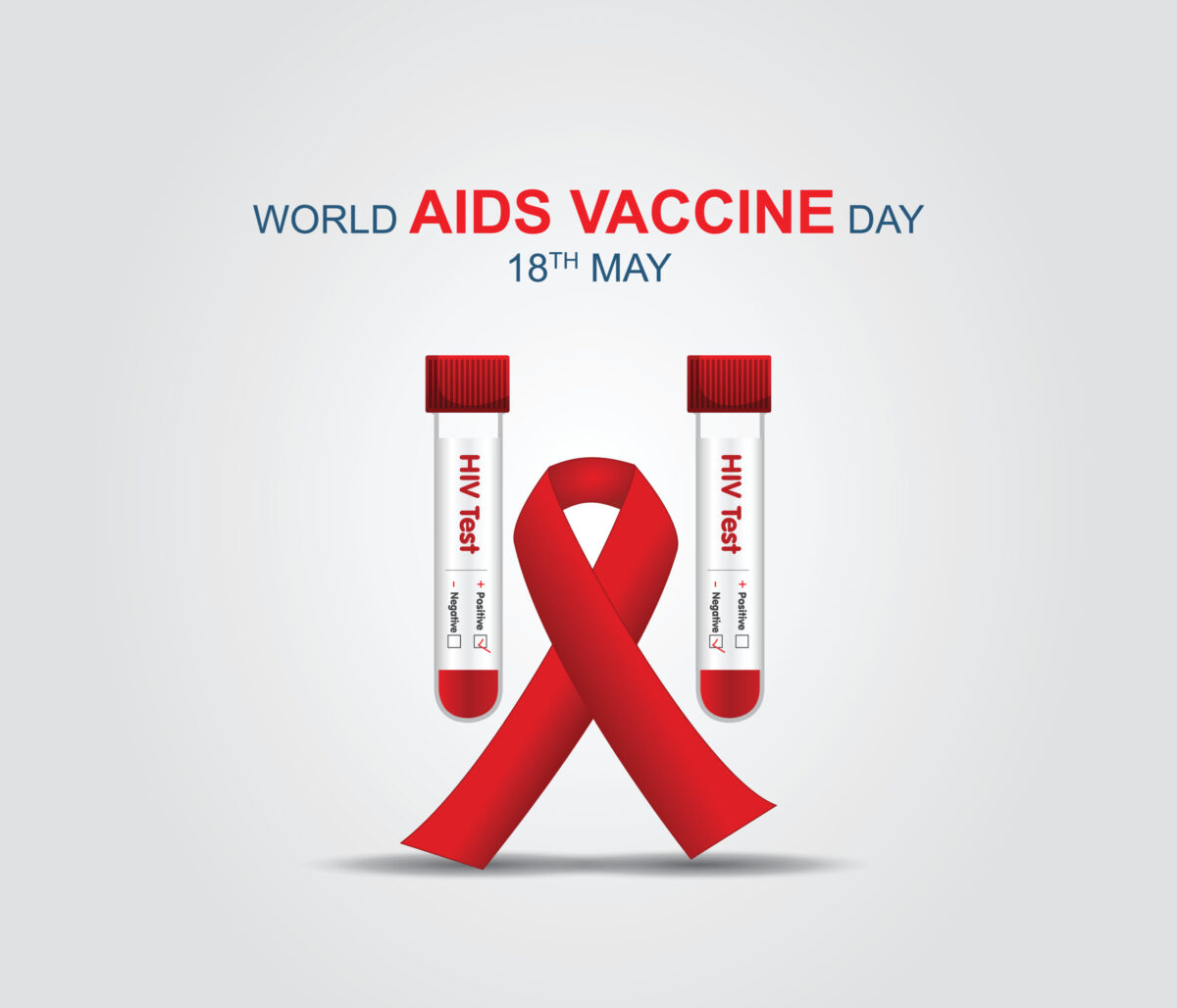In this exclusive video interview, we had the opportunity to sit down with Wendy Erler, Vice President, Global Head of Patient Experience, Patient Advocacy and Patient and Caregiver Insights at AstraZeneca, for an in-depth discussion.
This video interview delves into AstraZeneca’s patient-centric approach and how it influences its R&D strategy for rare diseases. From her perspective, Wendy also shares the most significant insights gained about rare diseases in recent years, and more.
XTALKS CLINICAL EDGE: Issue 2 — Special Focus on Rare Disease Clinical Research — Wendy Erler’s Interview
Xtalks Clinical Edge is a magazine for clinical research professionals and all who want to be informed about the latest trends and happenings in clinical trials. This magazine allows you to dive into a world where industry leaders, patient advocates and top researchers converge to bring you the sharpest insights in clinical trials.
Revolutionizing Patient Advocacy and Experience in the Treatment of Rare Diseases at Alexion, AstraZeneca Rare Disease
In conjunction with our exclusive video interview, we also had the opportunity to ask Wendy Erler more questions about her impactful career, the innovative strategies at Alexion AstraZeneca and her vision for the future of patient advocacy and experience in rare disease treatment.
Together, these conversations offer a comprehensive look at how Wendy and her team are leading the charge in transforming patient-centered care in the pharmaceutical industry.
Read on to learn more from Wendy Erler below!
What inspired you to focus your career on patient advocacy and patient experience?
Wendy Erler: When I was young, I got involved in a special program with The Muscular Dystrophy Association where I created and ran a neighborhood carnival to raise awareness for childhood muscle diseases and to raise money to support the community. This was a profound experience for me.
Early in my career, I was very lucky to work on a few new medicines that became blockbuster therapies. While the trajectory and momentum were exciting, I started to pay close attention to the surrounding sound of insights from patients. I started to realize that a successful commercial medicine alone does not fully meet the needs of patients. This ‘a ha’ for me led to my work to find the right spaces to advocate for patient-centric innovation, care and health equity for all. At the time, patient advocacy was not really discussed as a career in pharma. It was the early days.
When I moved into oncology, I had the opportunity to work with patient advocacy organizations and began to engage with them to ensure patient needs were better understood. As I look back over my career, it is patient and caregiver engagement that has given me purpose and the drive to elevate the patient voice.
How do you gather and utilize patient insights to inform Alexion AstraZeneca’s strategies?
Wendy Erler: In our work at Alexion, AstraZeneca Rare Disease, we strive to make our drug development patient-centric from end to end. This requires exquisite leadership focus with a sincere commitment to engage, listen to and learn from patients and caregivers. We have aligned around core principles including the belief that patient and caregiver verbatims are, in fact, credible and important data and that building durable trust and transparency is critical.
To gather and utilize patient insights, we have developed sustainable frameworks, methodologies and governance that make bringing patient insights feasible. We go well beyond asking a patient to share their lived experience; we strive to elevate this work by engaging patients to share their expertise. This enables our work to accelerate drug development and impact the ways we support patients.
At Alexion, we have built dedicated Patient Advocacy expertise and capabilities to deliver on our leadership ambition in rare diseases. We have local experts at the country level and global level, and these leaders work with patient advocacy groups, patients and other stakeholders across the healthcare universe to enable trustworthy and transparent relationship building, which sets the foundation for long-term meaningful patient engagement. Through these engagements, we level up our ability to bring patient insights into the organization to inform our strategies in alignment with patients.
Can you give an example of a patient experience initiative at AstraZeneca that had a substantial impact on a rare disease community?
Wendy Erler: Having a global function dedicated to Patient Experience is really differentiating. We have built an innovation program called STAR (Solutions to Accelerate Results for Patients) through which we convene cross-functional teams, patients, healthcare providers, payers and regulators all together to solve big challenges.
One recent area we focused on is Biosamples — we wanted to understand what is important to patients before they consent, what happens after they have donated samples or a trial is completed and what they need to know if their samples will be used for future research. What we have learned through this particular engagement will change the way we work in the future.
Recently, we supported two innovative projects. The first was focused on bringing the voices of caregivers to the table: what is the impact on them — the burden and the blessings — and how can we better support them?
The second research project is focused on the experience rare disease siblings have when their brother or sister has a rare disease. Siblings often become caregivers, researchers and awareness builders, so understanding their experience is critical to serving the whole community. Health equity means being all-inclusive.
What are the biggest challenges you face in improving patient experience and advocacy in the pharmaceutical industry? How is Alexion working to address those challenges?
Wendy Erler: The biggest challenge is that no one party can do this alone. It requires everyone to show up and work together to drive change. Patients are at the forefront of healthcare, so creating space for patients to be part of the work we do is imperative.
Today, a small percentage of patients are actively engaged. Challenges in growing and engaging patients and limited opportunities to include diverse and hard-to-reach communities contribute to a slower pace of research, delayed diagnosis and increased burden of disease.
Pharma needs to actively and broadly engage across all patient communities. At Alexion, we are committed to developing strategies to engage more representative patient communities, shortening the diagnostic odyssey and advancing health equity.
What are your main goals in 2024 for enhancing patient experience at Alexion, AstraZeneca?
Wendy Erler: I really believe that having a patient centric organization starts by ensuring that employees are connected to our purpose. This purpose driven culture means we can all work together to advance our shared imperatives of including patients at the center of all of our decisions. This requires a change in behaviors and mindset, and a commitment to transparency.
In 2024, my team at Alexion is committed to improving on our work, engaging patients and caregivers more deeply, driving greater change and leading by example. Simply, we strive every day to make patient centricity real — not words on a wall, but actions and collaboration that ensure we are driving positive change for patients.
Are there any upcoming projects or initiatives that you are particularly excited about?
Wendy Erler: In the biotech industry, one of the greatest challenges to getting patients access to life-changing therapies and medicines is the ability to scale their footprint. This is because in many countries, there is no existing rare disease framework and there is a wide variance across the world in time of access to medicines. In rare disease, we are working with significantly small patient populations and the number of patients in any one country can vary widely.
We are focused on expanding where we are able to deliver our medicines so more patients across the globe have reliable and sustainable access. This also requires a focus on advancing health policy and collaborating across the ecosystem to enable future access.
I am really excited about our focus on patient community inclusion and diversity to advance health equity. This means being creative and doing what we do in better, more inclusive ways. It starts with opening our doors and minds to more diverse insight and collaboration with new stakeholders.
How does Alexion AstraZeneca plan to continue its involvement and leadership in the rare disease space in the coming years?
Wendy Erler: In order to truly be a leader in this space, geographic expansion is critical. It is an essential part of Alexion’s commitment. By leveraging AstraZeneca’s far-reaching global footprint, we have an opportunity to deliver our medicines to more patients around the world, many of whom have limited or no treatment options available to them today.
I am proud to say that our medicines are now available in over 60 countries, and we are well on track to be in 100 countries by 2030. At the same time, we have expanded our pipeline and our research areas of focus with the goal of bringing transformative medicines to patients as fast as we can.
Through her unwavering dedication and innovative leadership, Wendy Erler continues to shape the transformation of patient advocacy and experience, ensuring that every voice in the rare disease community is heard and valued at AstraZeneca.













Join or login to leave a comment
JOIN LOGIN